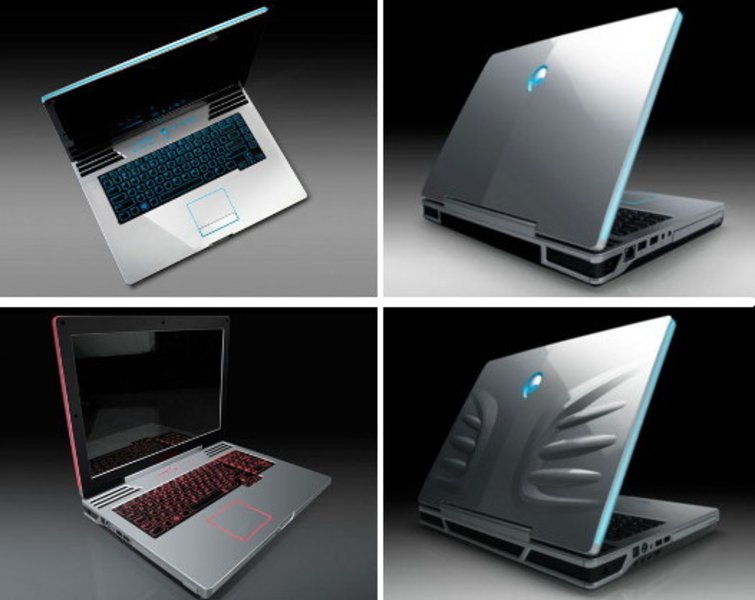Alienware m15x BIOS Fix Coming for Overheating Problem
Alienware Simply released an Announcement in regards to a Cure for the Alienware M-15's GPU overheating issues.
In the present time, we have replicated the m15x difficulty associated with overheating as soon as the device is running at high-resolutions throughout gameplay. We have ascertained that the device's software-controlled thermal profiles are not performing as originally designed. We are continuing to examine this over the weekend and hope to supply an upgraded program build for our customers as soon as possible.
Alienware suggested that the upgrade will likely be a BIOS one, It Will is available on its Web site, which the first difficulty comprised a mistake with all the fan speeds at higher temperatures:
In the meantime, we ask our customers to continue to ship their account information and problems to Area51_m15x https://bit.ly/2SubsqO so they will be alerted immediately of an upgrade. We apologize for the inconvenience and we are working diligently to resolve this issue.
Here is the story behind the over the heating problem: On the last 24 hours I have been working together with the fantastic crew at the Notebook Review forums trying to figure out what's going on with this Alienware Area-51 m15x. As I mentioned in an earlier post we didn't see any issues with the graphics overheating in our Crysis along with Call of Duty 4 gaming sessions or in 3DMark06 and other performance evaluations. But a number of our commenters plus some owners of the m15x suggested we try something we don't usually test: Running programs that strain on the GPU as far as you can to boost the temperature passed 90 degrees Celsius, the apparent cutoff point. At idle, our heart temperature was in the field of 56-61 degrees Celsius. The decrease to such low rates would make most of now' games unplayable. As a way to test this, we conducted the suggested apps, ATITool, and GPU Z.
At roughly 92-degrees throughout our very first run, the unfortunate happened: our GPU core clock fell to 275MHz and also our GPU memory clock dropped to 301MHz. So what's this mean? We talked with Alienware yet to figure out what's happening. Over-long gambling periods, the device will warm up and folks are going to see dreadful match play with. Even though we did not see this when we played for hours, the simple fact is that strain on the GPU will cause issues. Alienware has acknowledged the matter and it has been able to recreate it. Apparently, the GPU has a built in a thermal high when the chip becomes too hot, it automatically throttles to avoid overheating. The cutoff point needs to be increased, or heat needs to be dissipated at a far better way.
At roughly 92-degrees throughout our very first run, the unfortunate happened: our GPU core clock fell to 275MHz and also our GPU memory clock dropped to 301MHz. So what's this mean? We talked with Alienware yet to figure out what's happening. Over-long gambling periods, the device will warm up and folks are going to see dreadful match play with. Even though we did not see this when we played for hours, the simple fact is that strain on the GPU will cause issues. Alienware has acknowledged the matter and it has been able to recreate it. Apparently, the GPU has a built in a thermal high when the chip becomes too hot, it automatically throttles to avoid overheating. The cutoff point needs to be increased, or heat needs to be dissipated at a far better way.
+1-855-855-4384(USA)
Or visit-https://bit.ly/2SubsqO


Comments
Post a Comment